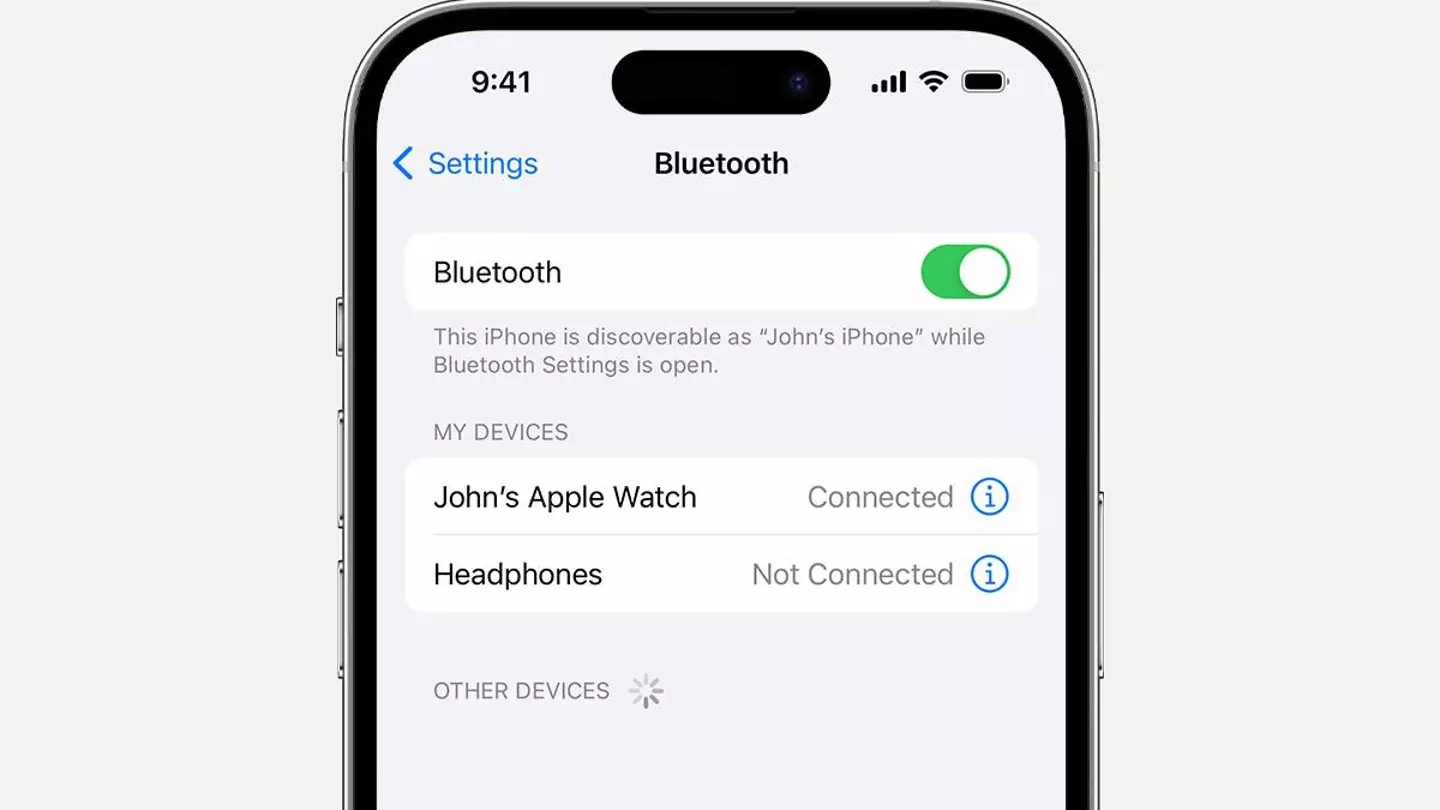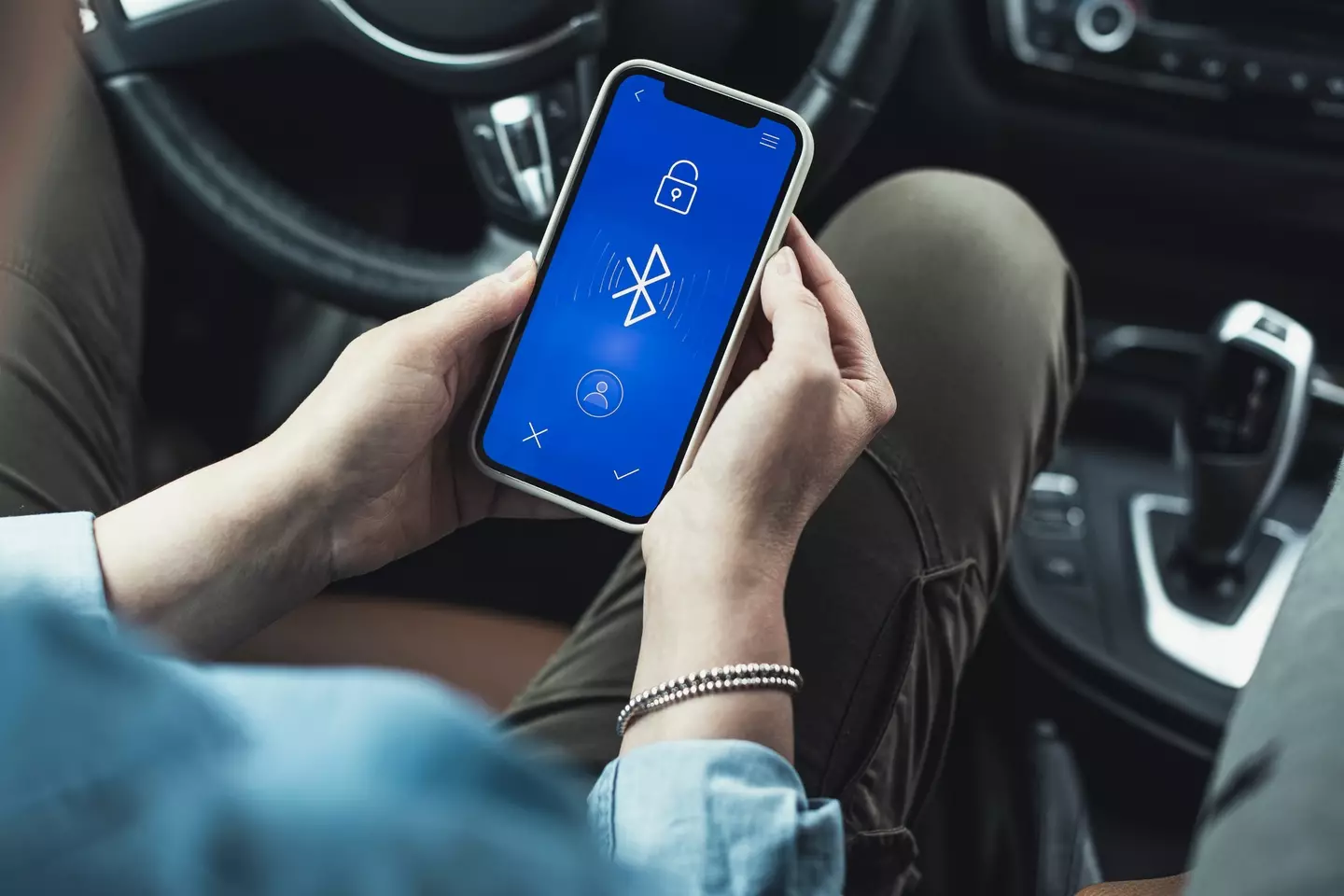
It seems we can't do right for doing wrong these days, and while Apple does its best to keep iPhones as advanced and sophisticated as they can be, hackers and bad actors are getting just as savvy.
For the average iPhone user, they might not be too clued up on what they're doing wrong with their devices, as there are far too many stories about people unwillingly giving away key information at the press of a button.
More advanced methods include hackers being able to get into your phone via charging cables, while we've only recently been urged to update to iOS 18.6, thanks to a massive security risk.
Thankfully, Apple has plenty of security features that you're encouraged to activate.
Advert
It's easier than ever to use our smartphones, and in terms of exchanging information or connecting to devices, Bluetooth is a godsend. You might've forgotten that Bluetooth has been around since 1998, with the first uses of the short-range wireless technology typically being used to help drivers with hands-free calls.

You might not think twice about turning your Bluetooth off, especially as Apple's Find My network relies on it.
As reported by BGR, we should remain vigilant against so-called 'bluejacking; and 'bluesnarfing'. Cyberhackers might use bluejacking to send unauthorized information to your iPhone, whereas bluesnarfing is said to be more serious as it manipulates a Bluetooth connection to snatch information from a device.
Advert
Alongside being able to track your location with a Bluetooth signal, some advanced hackers will even be able to access your apps that collect location data. Most worryingly, someone could interfere with your computers, tablets, and smart devices that are connected over the 2.4GHz frequency band.
Even though the site reiterates that Bluetooth's limited detection range means bad actors will need to be in the direct proximity of you, that doesn't really matter.

We're reminded of 2017's BlueBorne attack, which simply required hackers to be close enough to the hardware they were trying to get inside to achieve their goal. At the time, all 8.2 million Bluetooth devices around the globe were said to be at risk, and even a year after the initial attack, an estimated two billion devices were apparently still vulnerable.
Advert
Anyone running iOS 10 or later is invulnerable to BlueBorne, so it's imperative you keep your phones updated.
Still, we're told that it's better to be safe than sorry. Heading into Settings > Bluetooth, simply set your Bluetooth to the off position unless you actively need it for a task.
Users are also reminded to set up two-factor authentication (2FA) on apps and services that might use Bluetooth.
Even though it might be frustrating to take these extra steps, simply toggling a button is far better than leaving the door to your devices unlocked and for hackers to steal your personal information, location, and potentially your financials.